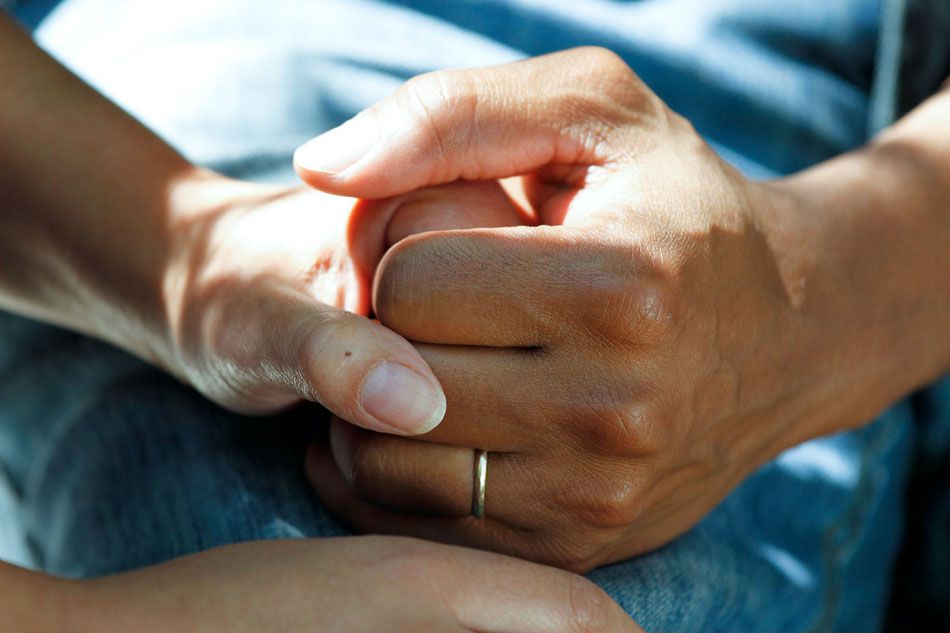It is predicted that the prevalence of cancer in South Africa will increase in the coming decades. New cancer cases are expected to rise to 138,000 and 175,000 in 2030 and 2040, respectively. Furthermore, cancer-related mortality is predicted to rise to 73,000 and 94,000 during the same period. The same research ranks the five most common cancers in order of incidence. These are breast, prostate, cervical, lung (also the leading cause of cancer-related death), and colorectal cancer. With breast cancer being the most commonly occurring, we must raise more awareness on early detection and treatment.
The number of breast cancer cases in South African women is increasing, yet many are unaware of its symptoms. Although common in women, the Cancer Association of South Africa (CANSA) reveals breast cancer affects men, too, especially after age 60. Unfortunately, many patients have no symptoms, so regular breast cancer screening is essential. The most common symptom is a new lump or mass that can be felt in the breast, but a healthcare provider must check for any breast change.

Different tests can be done to check and diagnose breast cancer. If your doctor finds an area of concern on initial screening or if you have symptoms that point to possible breast cancer, you will need more tests to determine the confirmed diagnosis. Initial screening tests include mammograms, breast ultrasounds, breast MRIs, and other newer and experimental breast imaging tests. As a last resort, a breast biopsy is done when initial screening shows a breast change that may be cancer. A biopsy is the only way to know if it is cancer.
Research suggests that smoking, exposure to chemical carcinogens, and hormonal changes may increase breast cancer risk. According to the Centers for Disease Control and Prevention (CDC), one must be aware of some risk factors.
Anyone can fall victim to breast cancer, but being aware of its symptoms, conducting regular self-examination at home, and going for regular screenings can help detect and get early treatment. Stay vigilant and look out for any signs and symptoms of breast cancer, such as a painless lump under the nipple or areola, an inverted nipple (turned inward), swelling of the breast tissue, a rash around the nipple, discharge or bleeding from the nipple, or swelling or lump in the armpit.
Risk factors you cannot change
- Getting older. The risk for breast cancer increases with age. Most breast cancers are diagnosed after age 50.
- Reproductive history. Starting menstrual periods before age 12 and starting menopause after age 55 expose women to more prolonged hormones, raising their risk of breast cancer.
- Dense breasts. Dense breasts have more connective tissue than fatty tissue, sometimes making it hard to see tumours on a mammogram. Women with dense breasts are more likely to get breast cancer.
- Family history. A woman's risk for breast cancer is higher if she has a close relative or multiple family members on either side of the family who has had breast or ovarian cancer. Having a first-degree male relative with breast cancer also raises a woman's risk, and women who have had breast cancer before are also more likely to get breast cancer a second time.
- Radiation therapy. Women who had radiation therapy to the chest or breasts (for instance, treatment of Hodgkin's lymphoma) before age 30 have a higher risk of breast cancer later in life.
Risk factors you can change
- Physical activity. Women who are not physically active have a higher risk of breast cancer.
- Overweight or obese. Older women who are overweight or obese have a higher risk of getting breast cancer than those at a healthy weight.
- Taking hormones. Some forms of hormone replacement therapy (including both estrogen and progesterone) taken during menopause can raise the risk for breast cancer when taken for more than five years. Some oral contraceptives (birth control pills) have increased breast cancer risk.
- Reproductive history. Having the first pregnancy after age 30, not breastfeeding, and never having a full-term pregnancy can raise breast cancer risk.
- Drinking alcohol. Studies show that a woman's risk for breast cancer increases with the more alcohol she drinks.
Medshield supports member screening, diagnosis and treatment
Medshield offers its members generous oncology cover and includes breast reconstruction following a mastectomy. Members can rest assured that with Medshield, they are covered for screening, diagnosis, and treatment. Medshield is your partner for life, and we want all our members to live long and healthy lives. We encourage you to be aware and proactive, and together we can decrease the incidence of breast cancer.
